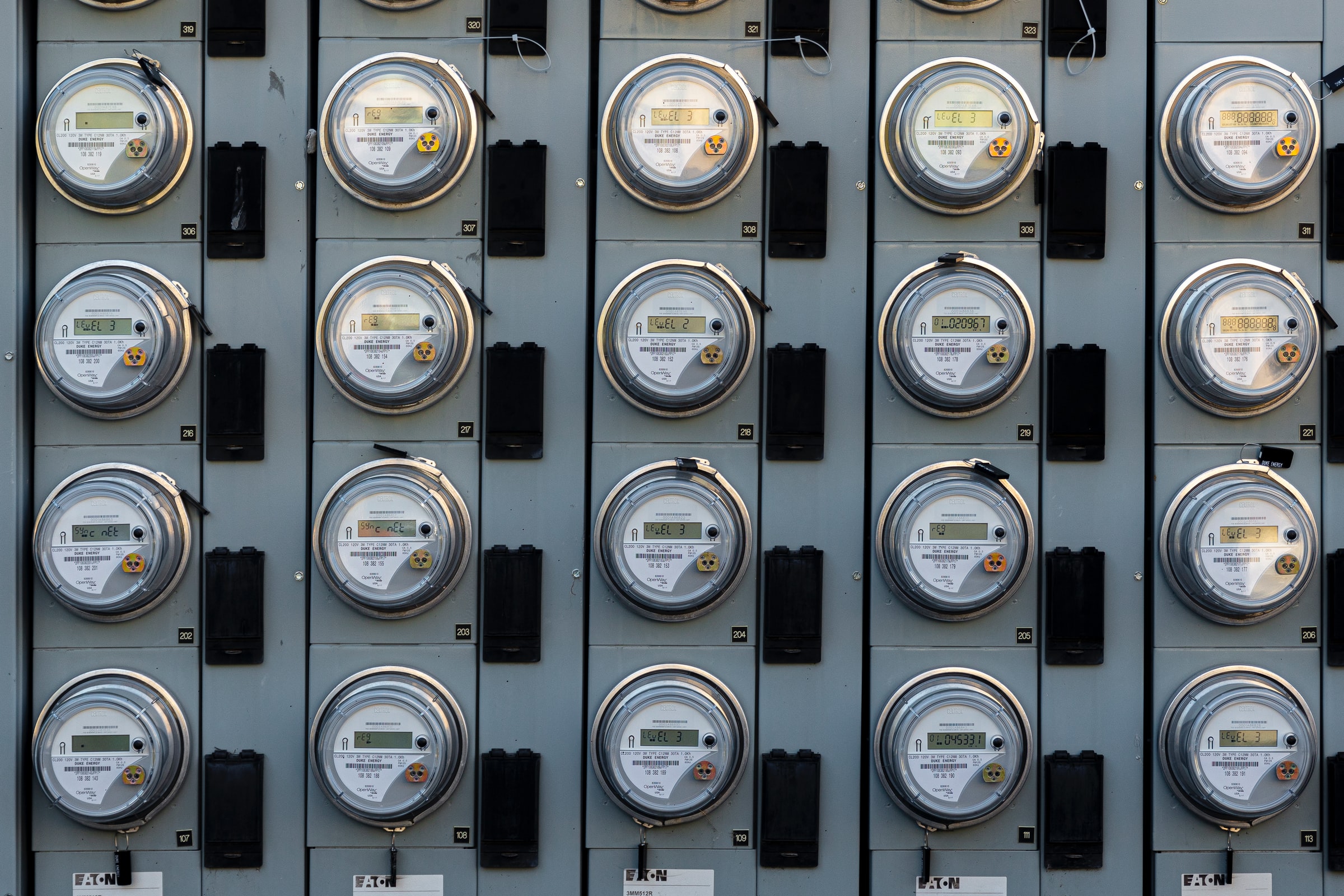The government has pushed back the date for consumers to accept smart meters to 2024. The deployment of smart meters will affect both commercial users and residential users.
Commercial users use large amounts of business energy to provide wide-ranging goods and services to many different clients.
The main question for both commercial and residential users is can smart meters actually be used to procure savings on their utility bills?
Contents
Finding the Middle Ground on Smart Meters
We believe that since the government has already pushed back the date for consumers to accept smart meters, that no organization should be forced to accept smart meters without understanding the implications and consequences of accepting smart meters.
This is why we have composed a short list of advantages for consumers accepting smart meters.
The Advantages of Accepting Smart Meters
There are several different advantages for accepting smart meters and this is by no means a comprehensive list.
There may be other advantages for domestic and corporate clients based on their industry.
Free Installation:
Consumers are already paying energy suppliers for their energy distribution and consumption. Very few consumers can claim that they get anything for free from their energy suppliers.
Although consumers will inadvertently be paying for their smart meters through their invoices somehow, it is always good to know that you do not have to pay for the installation and connection of the new smart meters.
Understanding Energy Usage:
After installing a smart meter, consumers can get a clearer picture of their energy consumption.
Consumers can calculate whether it is their water heater or their hairdryer using up most of the energy after taking a bath.
No More Monthly Readings:
One of the problems with the manual meters is that it requires consumers to take monthly readings at exactly the right time.
This also means that once that time has passed, and no one took the reading off of the manual meter for any reason, it is a matter of guesswork as to what the EXACT reading could have been.
Energy suppliers and consumers can only state with certainty that the reading was below a certain reading, alluding to the present reading.
This could always be a matter of contention for either the consumer or the energy supplier, making things even more complicated.
No More Estimated Bills:
Estimated bills have always been a matter of contention for users all over the United Kingdom.
Estimated bills mean that consumers have claims of being undercharged or overcharged in one way or another which simply increases their overall level of dissatisfaction with their energy provider.
No more estimated bills mean that consumers will ALWAYS be charged ONLY for the energy consumed by the consumer, nothing more, nothing less.
Conclusion
These are just some of the advantages of installing meters. One advantage that we did not mention in the above list is that consumers will also have access to rates from multiple energy providers.
But this option is not always available to all smart meter consumers from the beginning.
First-generation smart meter consumers will face some friction and difficulties changing their energy provider as soon as they get a new meter installed.
Smart meter consumers can procure savings on their energy bills but that entails consumers make the right decisions from the information delivered by the smart meters installed in their premises.
The Daily Buzz combines the pursuit of interesting and intriguing facts with the innate human desire to rank and list things. From stereotypical cat pictures to crazy facts about the universe, every thing is designed to help you kill time in the most efficient manner, all while giving you something to either laugh at or think about!
